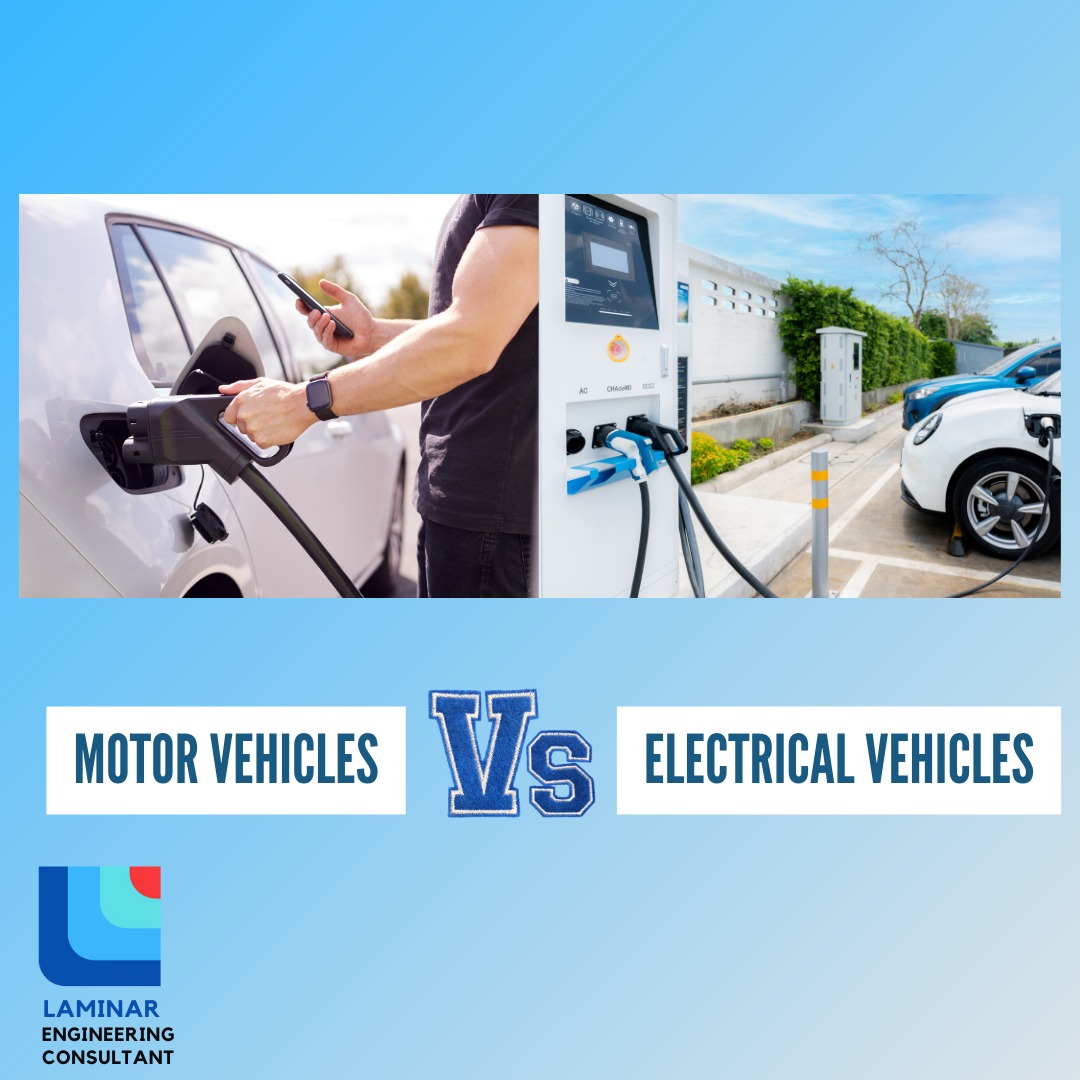In everyday life, fossil fuel-powered motor vehicles have become an integrated part of modern mobility. These vehicles offer advantages such as relatively affordable fuel prices, an extensive infrastructure network, and the ability to travel long distances while carrying heavy loads. However, behind these benefits lies a significant environmental impact. The greenhouse gas emissions they produce exacerbate global warming, while air pollution caused by their use can trigger various respiratory and cardiovascular diseases. Moreover, reliance on fossil fuels as a non-renewable resource raises concerns about energy sustainability in the future.
While increasing awareness of the importance of environmental protection, electric vehicles have emerged as an alternative, more environmentally friendly solution. These vehicles offer reduced air pollution along with better operational cost efficiency. Additionally, technologies supporting electric vehicles, such as autonomous driving features, provide unique appeal to consumers. However, the adoption of electric vehicles is not without its challenges. One major issue is the environmental impact of battery production, including the significant consumption of natural resources and the hazardous waste that is difficult to manage. Furthermore, the limited recycling infrastructure for batteries and dependence on electricity—most of which is still generated from fossil fuels—pose significant challenges in this transition.
The production and utilization of electric vehicles require consistent support from renewable energy to ensure maximum environmental benefits. Clean energy sources such as solar, wind, and hydropower need to be optimized as the primary sources for the electricity grid. Moreover, battery recycling technologies must continue to advance to efficiently manage waste and prevent environmental contamination. This is a crucial step to reduce the carbon footprint associated with both the production and use of electric vehicles.
The government plays a central role in encouraging the gradual adoption of electric vehicles. Regulations that support environmentally friendly technological innovation need to be strengthened, including incentives for both producers and consumers. Additionally, investments in supporting infrastructure, such as electric charging stations integrated with renewable energy, should be prioritized. Policies focused on sustainability must also include oversight of battery production, from raw material extraction to waste management. Ultimately, the success of the transition to electric vehicles depends not only on technology but also on collaboration between the government, industry, and society. Electricity providers must ensure a stable supply from clean energy sources to support sustainability. With shared commitment, electric vehicles can become a tangible step toward transportation that is not only efficient but also genuinely environmentally friendly, offering hope for a better future for generations to come.

